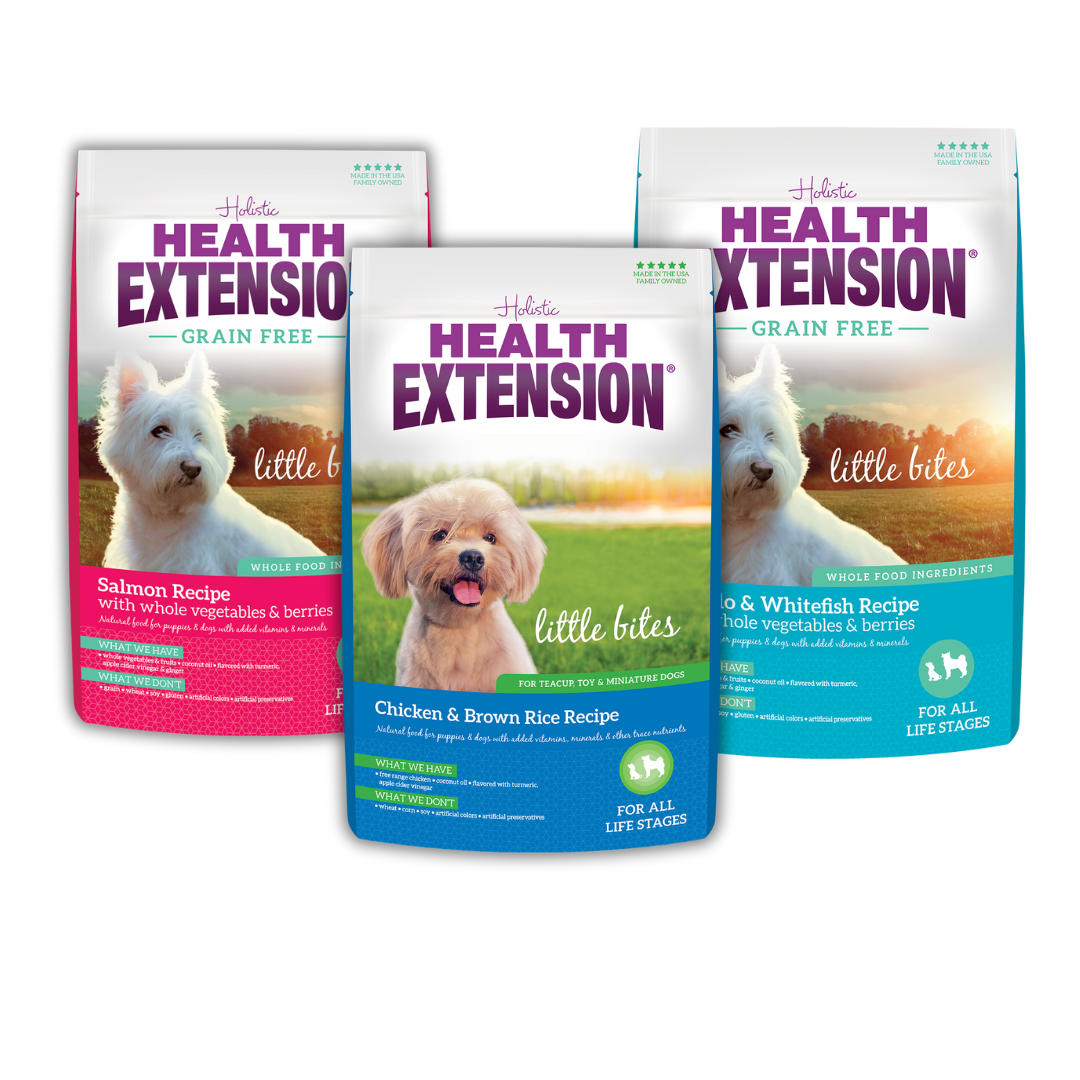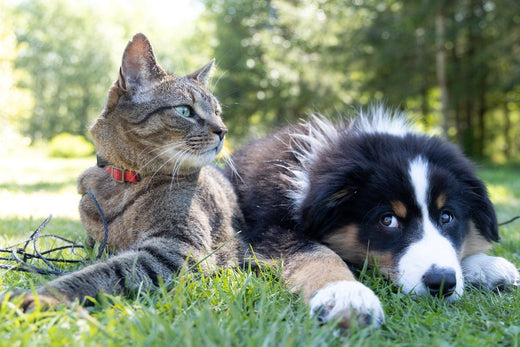Puppy teething is a tough time for both pups and their owners. Those razor-sharp teeth can wreak havoc on everything from fingers to furniture, and it can be tempting to give up and just let your pup chew to their heart's content. However, there are things you can do to help your pup (and yourself) survive the teething phase!
Distinct stages of puppy teething
The teething process has three stages - baby teeth, cutting teeth, and the permanent teeth stage. During the baby teeth stage, your pup will start to lose their milk teeth and replace them with permanent ones. This process usually starts at around 4-6 months of age and lasts for several months. The cutting teeth stage typically begins at around 7-8 months of age and is marked by the appearance of the pup's first permanent molars. The permanent teeth stage begins at around 10-12 months of age and is when your pup will have their full set of adult teeth.
Common teething problems
Puppies going through the teething process may seem fussy and uncomfortable. Irritability is a common symptom for pups as their teeth break through the gums. This can be a trying time for puppies and their owners alike. Pups may experience pain, drooling, excessive chewing, and a general lack of interest in some of their favorite activities. Owners may find themselves dealing with chewed furniture, shoes, or other things you don’t want them to have, scratched floors, and puddles of drool everywhere. In severe cases, teething can even lead to infection or gastrointestinal problems. However, with a little preparation and patience, most of these problems can be avoided. Health Extension has a great product called Problem Chewers, and many have found great success with this product.
Tips for helping puppies through teething
- Providing plenty of chew toys and bones can help to soothe puppies' sore gums.
- Ice cubes or frozen treats can help to numb the gums and reduce pain.
- Gently rubbing their gums with a wet cloth can also provide relief.
- Add warm water to your pup’s kibble to soften.
- Giving them plenty of water to drink as they may need to drink more than usual to combat dehydration.
- Keep an eye on your pup's eating habits - if they are not eating or drinking enough, consult a vet.
- If your pup is experiencing any other problems (e.g., diarrhea, vomiting, etc.), consult a vet.
- Be patient and understanding - teething can be a tough time for both pups and owners.
You should also keep a close eye on your pup, watching for signs of discomfort such as excessive drooling, rubbing their faces against something with their paws or chewing. If you see these signs, take a break from playing and give your pup a chance to rest. Finally, be prepared for some mess - especially if your pup is teething on hard objects like bones or antlers. With a little patience and preparation, you can help your pup through the tough process of puppy teething.
Key points of the post
Puppy teething is part of life, every pup goes through it! With these tips, you can make the process a little bit easier on both you and your pup. Have you gone through the puppy teething phase? What worked best for you? Let us know in the comments below.





